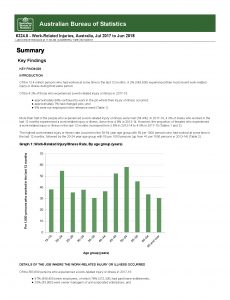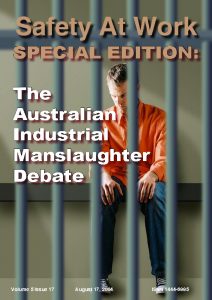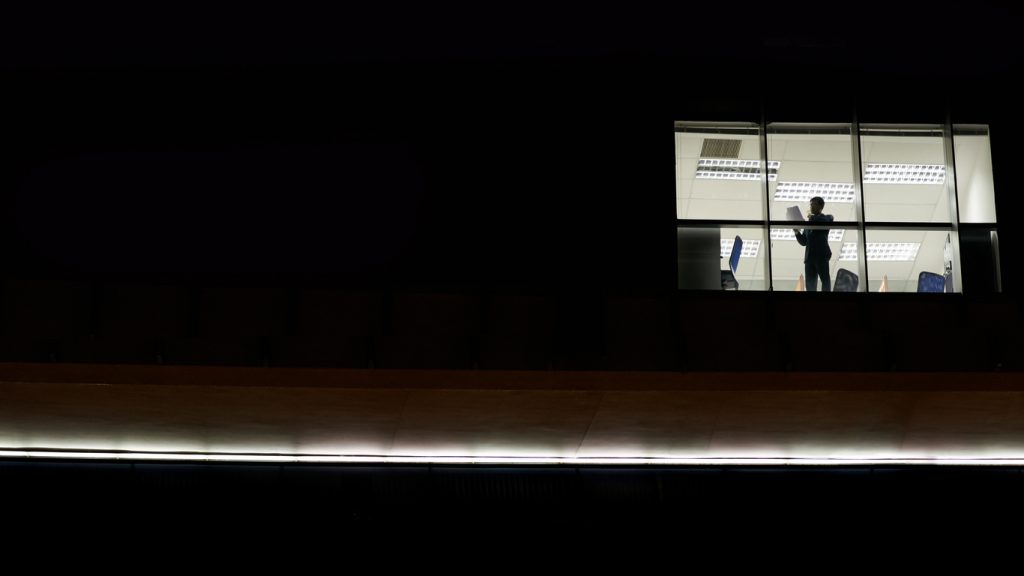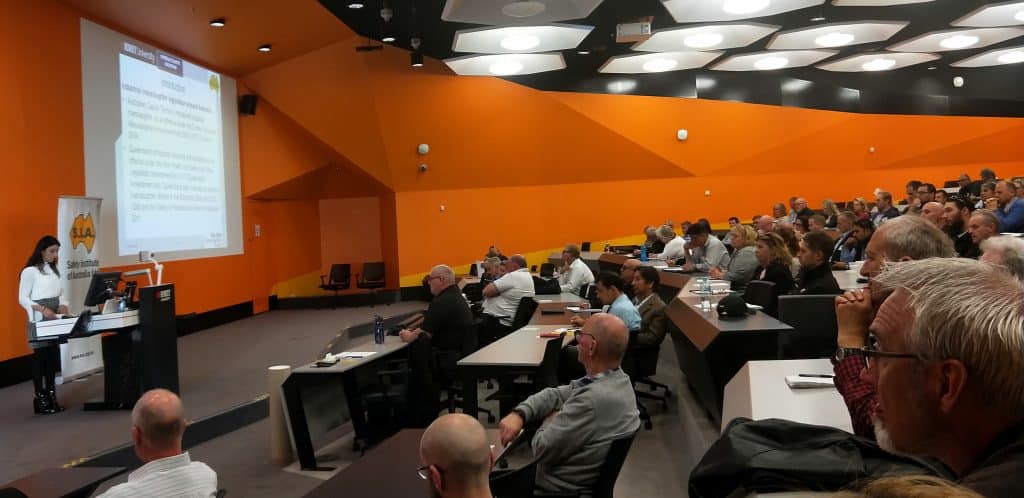 In late October 2018, the Australian Bureau of Statistics (ABS) released a summary of the latest work-related injury and illness data, although it was easy to miss as few, if anyone, reported on it. On first view, that mental health is barely mentioned in the Summary is surprising and the workers compensation data raises interesting policy questions.
In late October 2018, the Australian Bureau of Statistics (ABS) released a summary of the latest work-related injury and illness data, although it was easy to miss as few, if anyone, reported on it. On first view, that mental health is barely mentioned in the Summary is surprising and the workers compensation data raises interesting policy questions.
Industrial Manslaughter is more than just a law, it is a cry for justice.
 For those Australians who are watching the latest political push for Industrial Manslaughter laws, it is important to remember that the activity has a history that extends over a decade. Many of the current arguments for and against have been addressed previously. In August 2004, the earlier iteration of this blog, Safety At Work magazine, printed a special edition on “The Australian Industrial Manslaughter Debate”. Below is an edited version of my Editorial in that magazine. A longer article on the issues raised in that edition is available elsewhere in the SafetyAtWorkBlog.
For those Australians who are watching the latest political push for Industrial Manslaughter laws, it is important to remember that the activity has a history that extends over a decade. Many of the current arguments for and against have been addressed previously. In August 2004, the earlier iteration of this blog, Safety At Work magazine, printed a special edition on “The Australian Industrial Manslaughter Debate”. Below is an edited version of my Editorial in that magazine. A longer article on the issues raised in that edition is available elsewhere in the SafetyAtWorkBlog.
Misunderstanding sleep – Part 2
Most non-transport industries do not look for the lack of sleep or fatigue as a factor in their investigations. Unless a formal investigation is undertaken, fatigue is rarely mentioned and, if it is, it is categorised as a “contributory factor”, which often means it is given such a low priority that nothing will be done about it. This is partly a legacy of silo thinking that sleep is a non-work personal activity, which it is, but is still one that can affect work and all the relationships and decisions made at work. But it is also partly due to the enormous disruption that could result if the lack of sleep and fatigue were taken seriously and effective control measures were introduced.

The most effective control for fatigue may be human-friendly shifts and “reasonable” working hours but that might not fit the shift rosters which are required to satisfy clients. We know that night shift has higher health and physical risks than day shift so logically, get rid of night shift ….
Industrial Manslaughter laws? Let’s talk about safety
On October 29 2018, RMIT University and the Safety Institute of Australia conducted a forum on Industrial Manslaughter laws. The mix of presenters offered a respectful discussion on the issue but also illustrated where such proposed legal changes fit. The event was organised and hosted by Gloria Kyriacou-Morosinotto whose introduction listed the questions we should all be asking about the Industrial Manslaughter laws proposed for Victoria.

Misunderstanding sleep – Part 1
 On the corner of Lygon and Victoria Streets in Melbourne is a monument to the 8 Hour Day. This represents a social structure of work that equates to
On the corner of Lygon and Victoria Streets in Melbourne is a monument to the 8 Hour Day. This represents a social structure of work that equates to
- Eight hours of work,
- Eight hours of recreation,
- Eight hours of sleep,
The concept started in Australia in the mid-1800s and was intended to reduce exploitation and abuse of workers, many of whom were children.
The intent was to establish, what we would now call, a work/life balance structure with the recognition that work is required to earn a living, sleep is required to rejuvenate the body, preparing it for work, and recreation was social time, time with one’s family, exercise, all sorts of personal and social activities.
Today that structure is an “ideal” rather than a reality.
The systemic causes of poor mental health may get long-awaited attention

Australia’s national government has announced an inquiry into mental health to be conducted by the Productivity Commission. The Victorian Government has promised a Royal Commission into Mental Health as part of its election pledge. New South Wales has a five-year Mentally Healthy Workplaces Strategy. All of these initiatives are being applauded by the mental health advocates but two of them have yet to specify their terms of reference or their timelines for delivery, making it difficult to determine what role workplaces, workers and employers will have.
There is also a political risk that community expectations or the evidence base changes during the delivery period. Workplace mental health seems particularly susceptible to this risk at the moment.
Record readership for SafetyAtWorkBlog
The SafetyAtWorkBlog has reached over 40,000 reads for this month, the largest in 10 years – a great achievement for an independent blog on a niche topic produced in Australia.
Thanks to all the subscribers and followers for your support.
